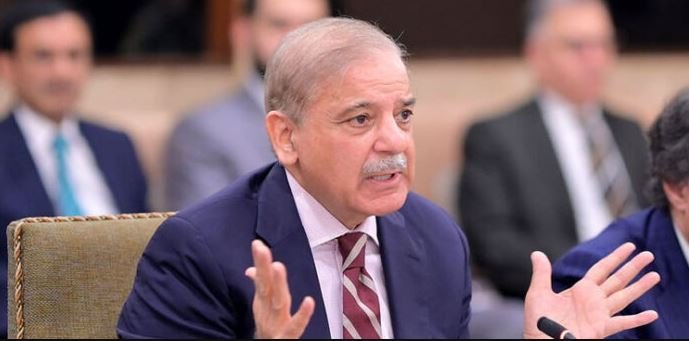
In a bold move to streamline its operations, the federal government of Pakistan has unveiled plans to dissolve five significant ministries, including the Ministry of Information Technology and Telecommunications. This decision is aimed at optimizing government functions and reducing bureaucratic overhead.
Sources within the government have confirmed that a comprehensive plan has been formulated to eliminate the ministries of IT and Telecom, Industry and Production, Health, Kashmir Affairs, and SAFRON. The proposed dissolution is set to take effect by July 30, marking a substantial shift in the administrative structure of the government.
The reorganization raises pressing questions about the future of the employees working in these ministries. To address these concerns, several proposals have been put forward. One of the primary suggestions is to offer a golden handshake package to the employees affected by the dissolution. This package would provide financial compensation, helping employees to manage the transition smoothly.
Another proposed option is to reassign the employees to other existing ministries. This approach aims to retain the valuable experience and skills of the employees within the government, ensuring that their expertise continues to benefit public administration. Reassigning employees would also help to mitigate the impact of the dissolution on their careers.
Additionally, the proposal includes the possibility of placing the affected employees into a surplus pool. This surplus pool would act as a temporary placement from which employees can be redistributed to various departments as needed. This method offers a flexible solution to manage the workforce while maintaining operational efficiency.
The Institutional Reforms Cell has been at the forefront of drafting these proposals, working closely with the relevant ministries. The objective is to streamline government operations and eliminate redundancies, thereby enhancing overall efficiency. As part of this reform process, the government plans to consult with the International Monetary Fund (IMF) regarding the compensation packages for the affected employees. This consultation aims to ensure that the reform measures are fiscally responsible and align with international standards.
A briefing will be provided to Prime Minister Shehbaz Sharif, who will make the final decision on these proposals. According to sources, the briefing will cover all aspects of the planned dissolutions and the proposed solutions for the employees. The goal is to finalize the decision regarding the abolition of the five ministries and the fate of their employees by July 30.
This initiative is part of a larger strategy led by Prime Minister Shehbaz Sharif to rightsize the government. The Institutional Reforms Cell was tasked with this project, with a directive to produce a report on rightsizing within a week. The reform is seen as a critical step towards enhancing the efficiency and responsiveness of the government, ensuring that it can better serve the needs of the public.


